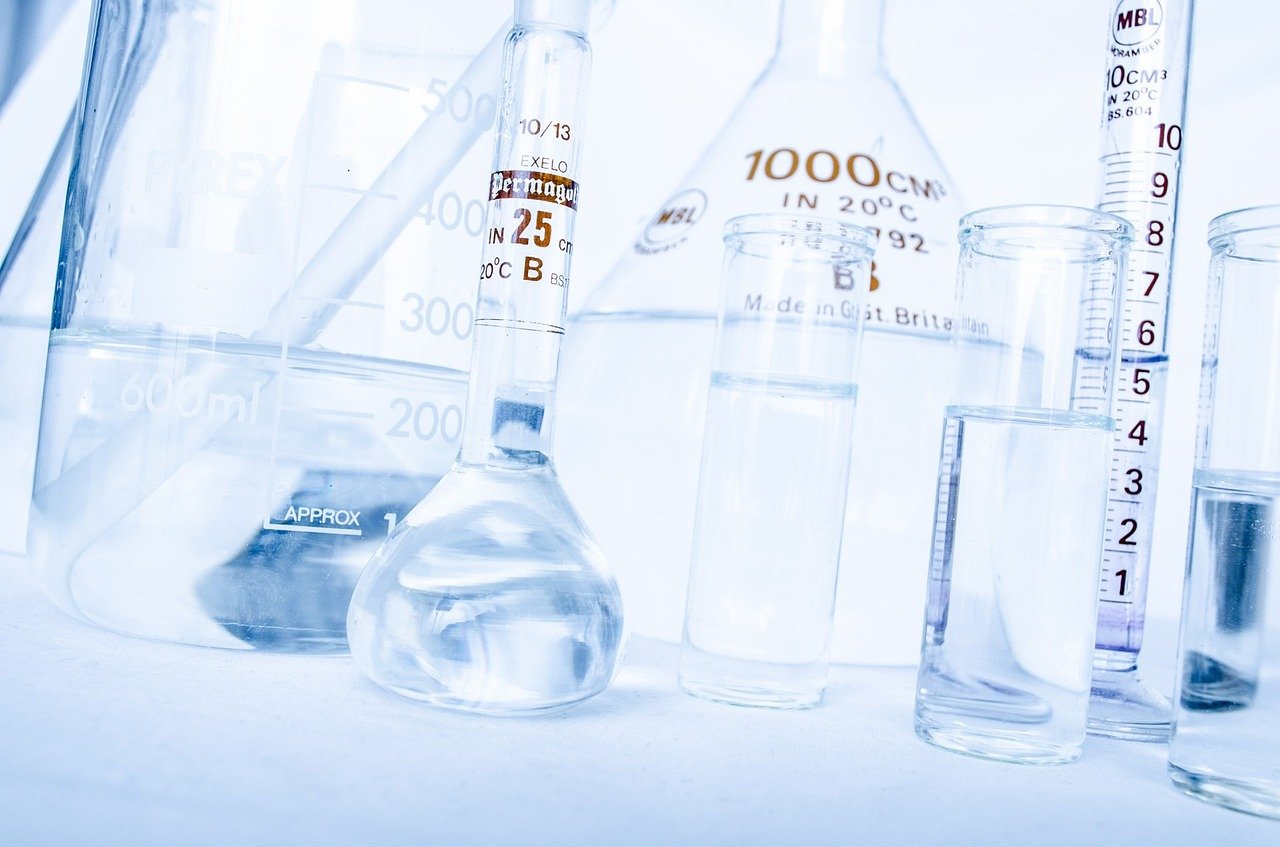
Understanding what happens when you say no to a chemical test – II
Last time, we discussed how anyone holding a Florida driver’s license has already given their tacit consent to submit to chemical tests in the event they are placed under arrest for driving under the influence thanks to the state’s implied consent law.
We also started discussing just what can happen when a person refuses to submit to these breath, urine or blood tests in conjunction with a DUI arrest. We’ll continue this discussion in today’s post, examining the criminal consequences for a refusal versus the criminal consequences of a DUI conviction.
The way Florida law is written, the consequences for refusing to submit to a chemical test are technically less severe than those for driving under the influence.
To illustrate, if a person refuses to submit to a chemical test for the first time, they face an automatic license suspicion of 12 months.
By contrast, a conviction for a first-offense DUI can result in a fine of not less than $500 and not more than $1,000, 50 hours of community service and no more than six months in jail, to name only a few of the consequences.
At first blush, this might lead a person to conclude that they are better off simply refusing the chemical tests under any circumstances.
It’s very important to remember, however, that any refusal to submit to a chemical test can be used against you in any subsequent criminal proceedings, such that you can still be convicted of DUI even if you refuse to take a breath test.
Indeed, even though the state cannot present evidence showing that your blood alcohol content exceeded the legal limit at the time of your arrest, it can still present evidence that you refused to take the chemical test and argue that this fact, coupled with other evidence, clearly demonstrates that you knew you were over the legal limit.
What all of this serves to underscore is that the law is often much more complicated than you think and, as such, you should give very serious consideration to speaking with an experienced legal professional as soon as possible to learn more about your options for protecting your rights, your reputation and your future if you are facing any type of drunk driving charges.


